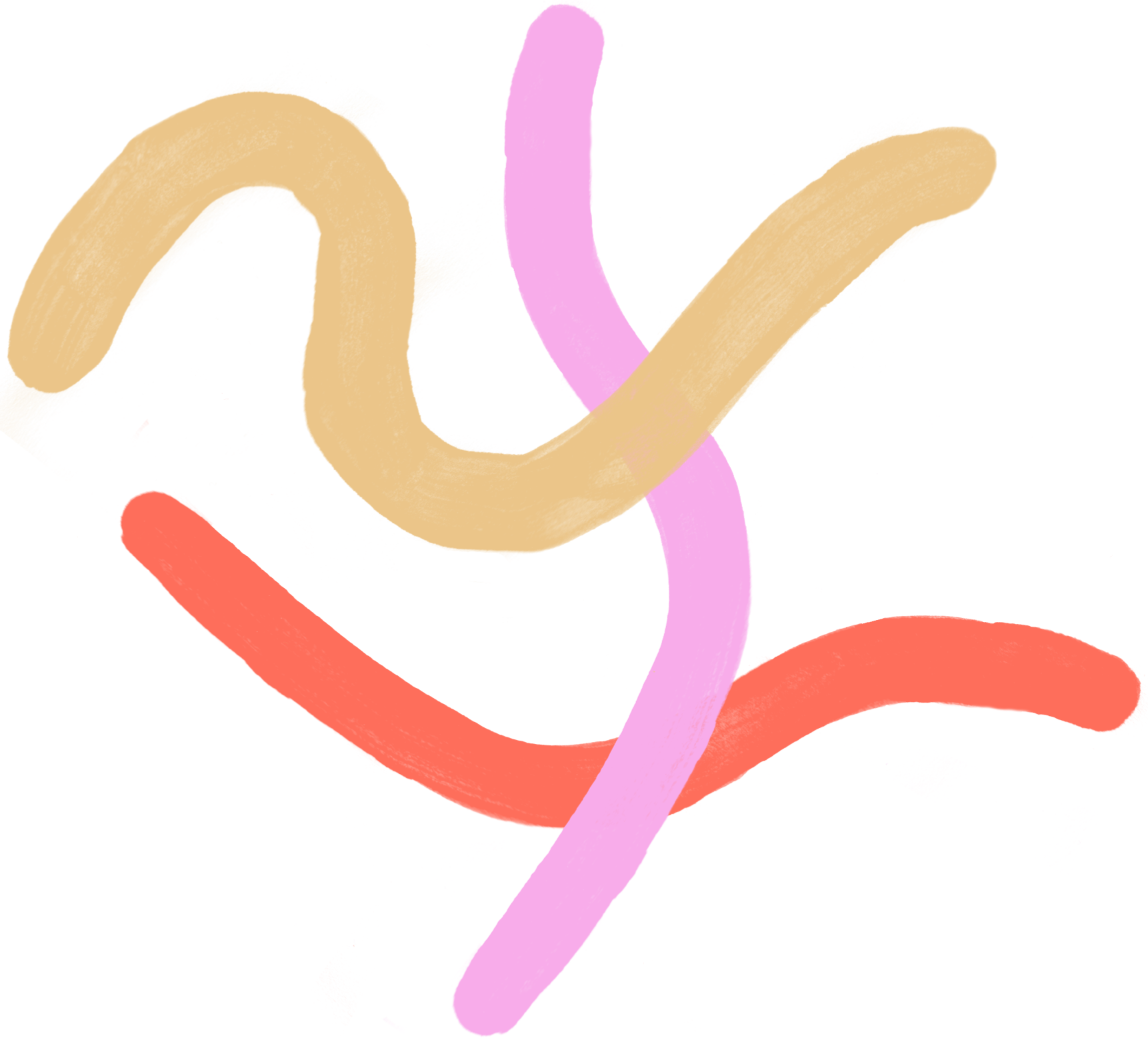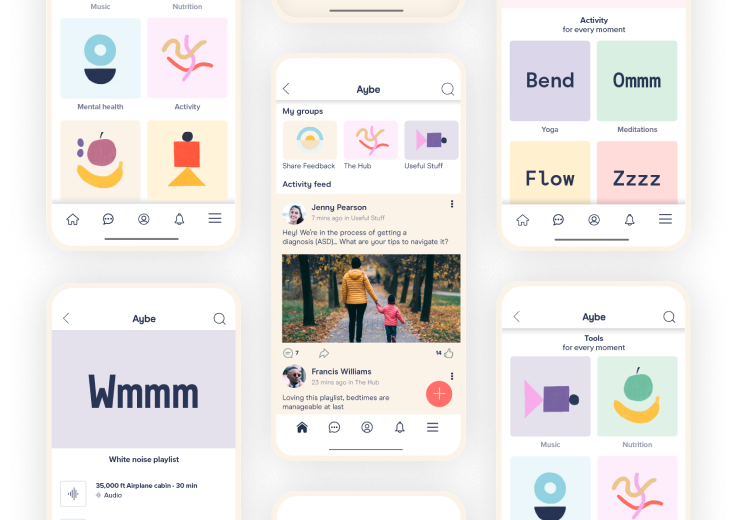What is Autism/ ASC?

Did you ever wonder what the differences are between autism, ASD and ASC? Do you or your child have some of the common challenges associated with it? There are some common strengths too, which we will find out in this article.
Many times in social, professional, and educational settings, difference draws attention. Since humans are a Neurodiverse crew, people and situations can fall across the spectrum of what is typically expected. Sometimes the difference is pretty visible and clear, but many conditions that fall under the umbrella of neurodiversity are often called invisible disabilities.
Join the Community
Download the app to access more specialist advice, community support and wellbeing tools.
Join today as a Contributor member to gain free* access!
Download now
*Free access, in return for contributing to Aybe on a weekly basis, for example by commenting, liking, responding to feedback requests. See Terms & Conditions.

These differences can bring some amazing strengths, but they often come with a battle against struggles and roadblocks from the same condition. We’ll go over some of the most common neurodiverse conditions, and strengths and challenges for these.
Autism (also known as ASC)
The broader continuum of Autism or Autistic Spectrum Disorder (ASD) is more frequently referred to as Autistic Spectrum Condition (ASC) now as it is less stigmatising than being labelled as having a disorder. ASC is described as “a lifelong developmental disability affecting social skills, communication skills, and behaviour,” and as many as 1 in 68 children in America are diagnosed with autism.
Challenges that can be common with autism/ ASC:
- Sensory sensitivities may mean they have unusual responses to environmental and sensory inputs.
- Navigating social situations differently where it could feel overwhelming at times and they may react in unexpected ways or have different levels of interest in engaging.
- Restrictive repetitive behaviours such as stimming involving hand, finger, or other body movement or making sounds.
- Communication can be impacted, where language development is at an unusual pace or stage and they may respond differently to or misinterpret non-verbal communication. They may also have a co-occuring learning disability.
- Play may be more literal or repetitive and less based on imagination.
- Routines or situations that are outside their typical experience can lead to overwhelm.
Strengths that come with autism:
- A depth of knowledge around topics that are interesting to them and a hyperfocus on application of that knowledge.
- An aptitude for a particular subject such as maths or music.
- Heightened observational and analytical skills
- Exceptional memory.
- Excellent attention to detail
An important note: Obtaining a diagnosis can be a huge step in understanding why the world can seem so different, so if anything here sounds familiar, we recommend talking through questions or concerns with your healthcare provider. Start with these helpful resources:
- For children and our map to help with the journey of navigating diagnosis and support for neurodivergent kids in the UK
- For adults
Many Other Forms of Neurodivergence
Other common neurodiverse conditions you may experience are:
Check back in as we create more resources for these neurodiverse conditions in the coming weeks.
Find yourself learning more about these conditions or revising your support plan and need more info? If you are after any specific tools or support, please let us know what you need within our community.
Join the Community
Download the app to access more specialist advice, community support and wellbeing tools.
Join today as a Contributor member to gain free* access!
Download now
*Free access, in return for contributing to Aybe on a weekly basis, for example by commenting, liking, responding to feedback requests. See Terms & Conditions.



